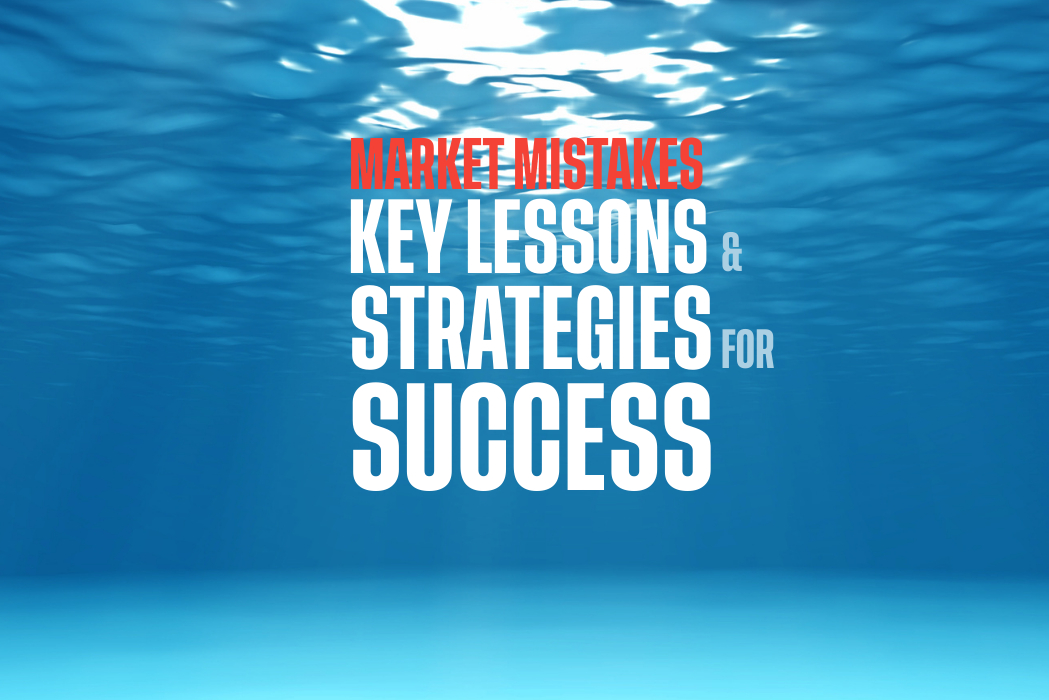TLDR
In property investment, common mistakes include lack of research, overleveraging, and neglecting due diligence. To succeed, conduct thorough market analysis, balance leveraging, and prioritize due diligence to mitigate risks. Lessons learned emphasize the importance of market analysis, risk management, and solid investment planning. Strategies for success involve leveraging technology for data insights, seeking professional advice for specialized knowledge, and committing to continuous learning for adaptation. Building a diverse portfolio, setting clear goals, and staying informed are key to navigating the dynamic property market effectively.
Introduction
Amidst the sea of financial uncertainties, property investment remains a shining light of growth and stability for many. However, navigating this path is no easy feat, as hidden obstacles can jeopardize even the most carefully crafted investment plans. To ensure triumphant success, savvy property investors must not only acknowledge these potential pitfalls, but also extract valuable lessons from them and strategically plan for triumph. In this post, we unveil the common market mistakes in property investment, uncover invaluable insights, and unveil effective strategies to conquer these challenges.
Understanding Property Investment Mistakes
Lack of Research
At the heart of numerous property investment failures lies a fundamental flaw: lack of research. The allure of quick gains can often lead investors to overlook the importance of comprehensive market analysis, leading to decisions based on incomplete information or speculative trends. This mistake can result in investments in areas with low growth potential, or worse, declining value.
Lesson: The cornerstone of successful property investment is robust, data-driven research. Understanding market trends, demographic shifts, and economic indicators can provide a solid foundation for informed decision-making.
Overleveraging
Another common misstep is overleveraging – borrowing more capital than one can afford to repay. In an attempt to maximize potential returns, investors may take on excessive debt, exposing themselves to higher financial risk. Market downturns or unexpected maintenance costs can then exacerbate this vulnerability, leading to financial strain or loss of property.
Lesson: Financial prudence dictates a balanced approach to leveraging. Investors should carefully assess their financial capacity and consider conservative borrowing practices to safeguard against market volatility.
Neglecting Due Diligence
Skipping due diligence is akin to navigating a minefield blindfolded. Investors who rush into transactions without conducting thorough background checks on the property, legalities, and seller credibility may find themselves facing unforeseen complications such as legal disputes, fraud, or structural issues with the property.
Lesson: Due diligence is non-negotiable. A comprehensive examination of all aspects of the property investment – from legal compliance and title checks to physical inspections and valuation – is essential for mitigating risks.
Key Lessons Learned from Market Mistakes
The Importance of Market Analysis
Drawing lessons from investment missteps underscores the invaluable role of market analysis. It’s not merely about checking current prices or rental yields; it involves understanding long-term trends, supply-demand dynamics, and factors influencing local and broader markets.
Strategy: Leverage various sources of information – from real estate platforms and market reports to local government planning documents – to build a multi-dimensional understanding of the market.
Risk Management Strategies
Effective risk management is vital for navigating the uncertainties of property investment. From diversifying investment portfolios to securing appropriate insurance policies, there are several strategies investors can employ to protect their interests.
Strategy: Consider a mix of property types and locations for investment to spread risk. Additionally, understanding and planning for worst-case scenarios can help in creating robust risk management plans.
Building a Solid Investment Plan
A strategic investment plan acts as a roadmap guiding investors through their property investment journey. It outlines goals, strategies, timelines, and contingency plans, providing clarity and direction.
Strategy: Set clear, achievable goals based on thorough market research and personal financial analysis. Incorporate flexibility into your plan to adapt to market changes or personal circumstances.
Strategies for Successful Property Investment
Leveraging Technology for Market Analysis
Technology has transformed the way investors conduct market analysis. From online real estate databases to investment property calculators and virtual tours, digital tools can provide rich insights into potential investments.
Strategy: Utilize technology platforms for real-time data on property values, rental yields, and market trends. Engage with online communities and forums to gather firsthand insights from other investors.
The Role of Professional Advice
While independent research is invaluable, the complexity of property markets often necessitates professional advice. Real estate agents, financial advisors, and legal experts can offer specialized knowledge and insights that enhance investment decisions.
Strategy: Build a team of trusted professionals who can offer guidance tailored to your investment strategy and goals. Their expertise can be particularly beneficial in areas such as market analysis, legal compliance, and financial planning.
Continuous Learning and Adaptation
The property market is dynamic; what works today may not be effective tomorrow. Successful investors are those who commit to continuous learning and adaptation, staying abreast of market developments and adjusting their strategies accordingly.
Strategy: Invest in ongoing education through courses, seminars, and industry literature. Be open to new ideas and approaches, testing them within the framework of your investment plan.
Should You Buy, Sell or Wait?
If you’re reading this, you must be trying to figure out the best course of action right now: is it the right time to buy or sell?
It’s difficult to give an exact answer since everyone’s situation is unique and what works for one person may not necessarily work for you.
I can bring you a wealth of on-the-ground experience and a data-driven approach to provide clarity and direction. From beginners to experienced investors, our top-down, objective approach will help you on your real estate journey.
I can help you by:
- Offering Strategic Real Estate Advice – I can help create a comprehensive plan to guide you through your property journey.
- Connecting Your Home with the Perfect Buyers – Through stunning visuals, an effective communication strategy, and an in-depth knowledge of the market, we’ll ensure your home is presented in the best possible way to fulfill your goals.
You May Also Like …
















































































